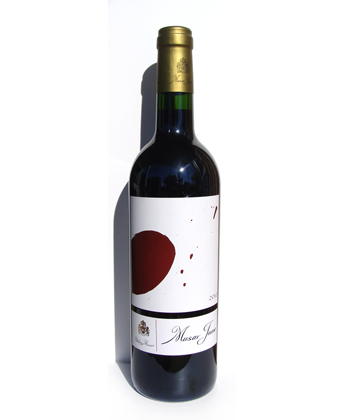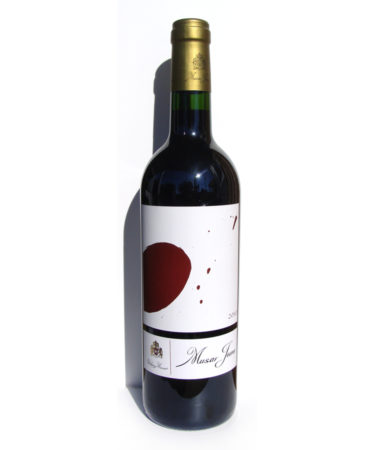Beyond the everyday challenges of growing grapes and making wine, Chateau Musar has faced something exceptionally difficult: war.
The famed property in Lebanon’s Bekaa Valley has survived the many conflicts that have raged around it over the years, producing outstanding wines that are coveted throughout the world, most notably its Chateau Musar Red.

I remember talking on the phone with Serge Hochar, the late owner of Chateau Musar, when Hezbollah militants and Israel were locked in bloody conflict a dozen years ago. He worried about his frightened Bedouin workers being able to make it to the vineyards for the harvest, and told me how the shelling had come within 500 meters of his office. “I have become used to such situations,” he said, stoically.
Once again, Chateau Musar got through it and, a year later, launched a new range of wines called Musar Jeune. As the name suggests, the grapes are from younger vines, and the wine is released sooner for “current consumption.”
Like Chateau Musar’s renowned flagship wine, the red Musar Jeune is a fascinating study in complexity and terroir, a wine from the mountains of Lebanon by way of France. The 2013, one of several vintages currently in stores, is a blend of 50 percent Cinsault, 30 percent Syrah, and 20 percent Cabernet Sauvignon, inviting comparisons with the Rhône Valley and Bordeaux, where Serge Hochar was trained.
Musar Jeune, which sells for about $20 or so, is made without oak, which keeps it from the tannin-softening influence of barrel aging. So the wine is quite chewy at first, but softens as it’s exposed to air (decanting and lots of swirling in the glass are recommended).
What emerges is something interesting and different, even rustic. Aromas of earth, leather, and meat provide the first impression, followed by concentrated dark berry and black cherry notes on the palate, plus some fig and black olive. The grapes are farmed organically; fermentation takes place with native yeasts; and the wine is not filtered, hence some sediment at the bottom of the bottle.
It all adds up to a wine of real authenticity, reinforcing what I think every time I taste a Chateau Musar wine — that there is only one place in the world and one winery it could have come from.
